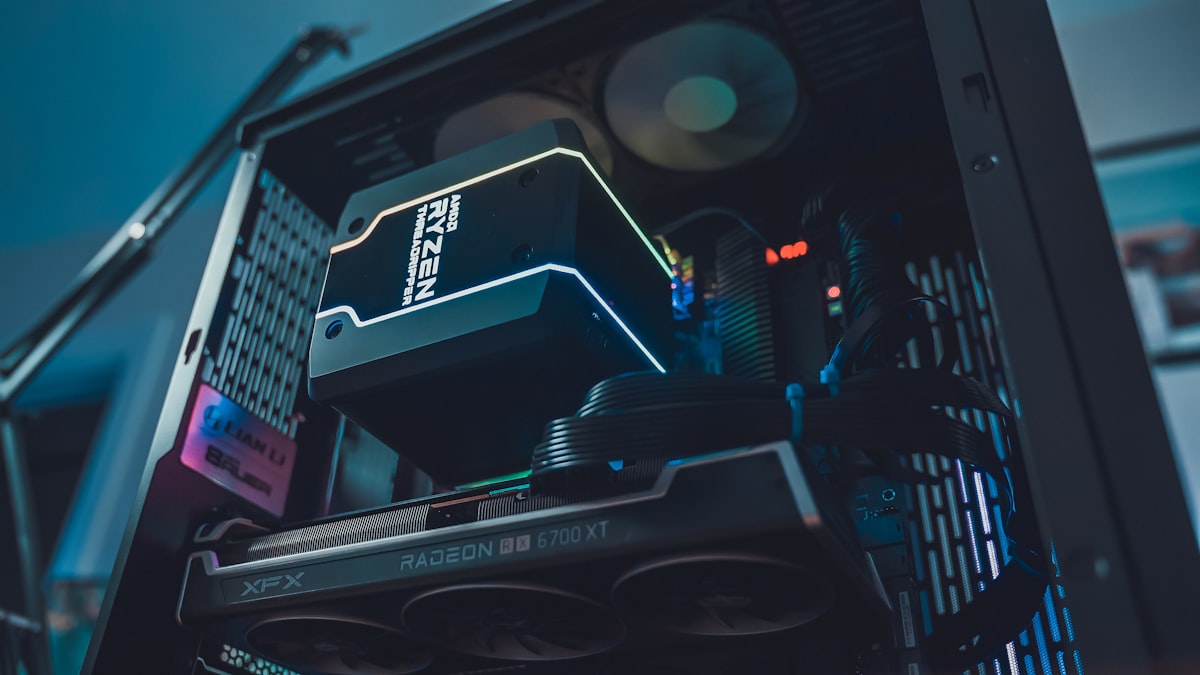What is a Node?
A node is a computer that is connected to a particular blockchain network. Nodes are responsible for maintaining the network and verifying transactions.

In the world of cryptocurrency, a node is a computer that is connected to a particular blockchain network. Nodes are an essential component of the blockchain ecosystem and are responsible for maintaining the network and verifying transactions. In this article, we will define what a node is, discuss how it works, provide examples of its use, and discuss the benefits of using it.
Definition
A node is a computer that is connected to a particular blockchain network. Nodes are responsible for maintaining the network and verifying transactions. There are several different types of nodes, including full nodes, light nodes, and mining nodes.
How it works
Nodes are responsible for maintaining the blockchain network and ensuring that it is secure and functioning properly. When a new transaction is initiated, it is broadcast to the network and is verified by multiple nodes. If the transaction is valid, it is added to the blockchain.
Nodes also maintain a copy of the blockchain and use it to verify new transactions. This ensures that the network is secure and that there are no double-spending or other fraudulent activities taking place.
Examples
- Bitcoin: In the Bitcoin network, nodes are responsible for maintaining the blockchain and verifying transactions. There are several different types of nodes, including full nodes, light nodes, and mining nodes. Full nodes maintain a complete copy of the blockchain and are responsible for verifying transactions, while mining nodes are responsible for adding new blocks to the blockchain.
- Ethereum: In the Ethereum network, nodes are responsible for maintaining the blockchain and executing smart contracts. Nodes are also responsible for verifying transactions and adding them to the blockchain.
Benefits
- Security: Nodes are an essential component of the blockchain ecosystem and help to ensure that the network is secure and functioning properly.
- Decentralization: Nodes help to ensure that the blockchain network is decentralized and not controlled by any single entity.
- Transparency: Nodes help to ensure that transactions on the blockchain network are transparent and can be verified by multiple parties.
- Privacy: Nodes help to ensure that transactions on the blockchain network are private and cannot be traced back to individual users.
Conclusion
In conclusion, a node is a computer that is connected to a particular blockchain network and is responsible for maintaining the network and verifying transactions. Nodes are an essential component of the blockchain ecosystem and help to ensure that the network is secure, transparent, and decentralized. As the cryptocurrency ecosystem continues to grow and evolve, nodes are likely to remain an important part of the infrastructure that underpins the blockchain network.




